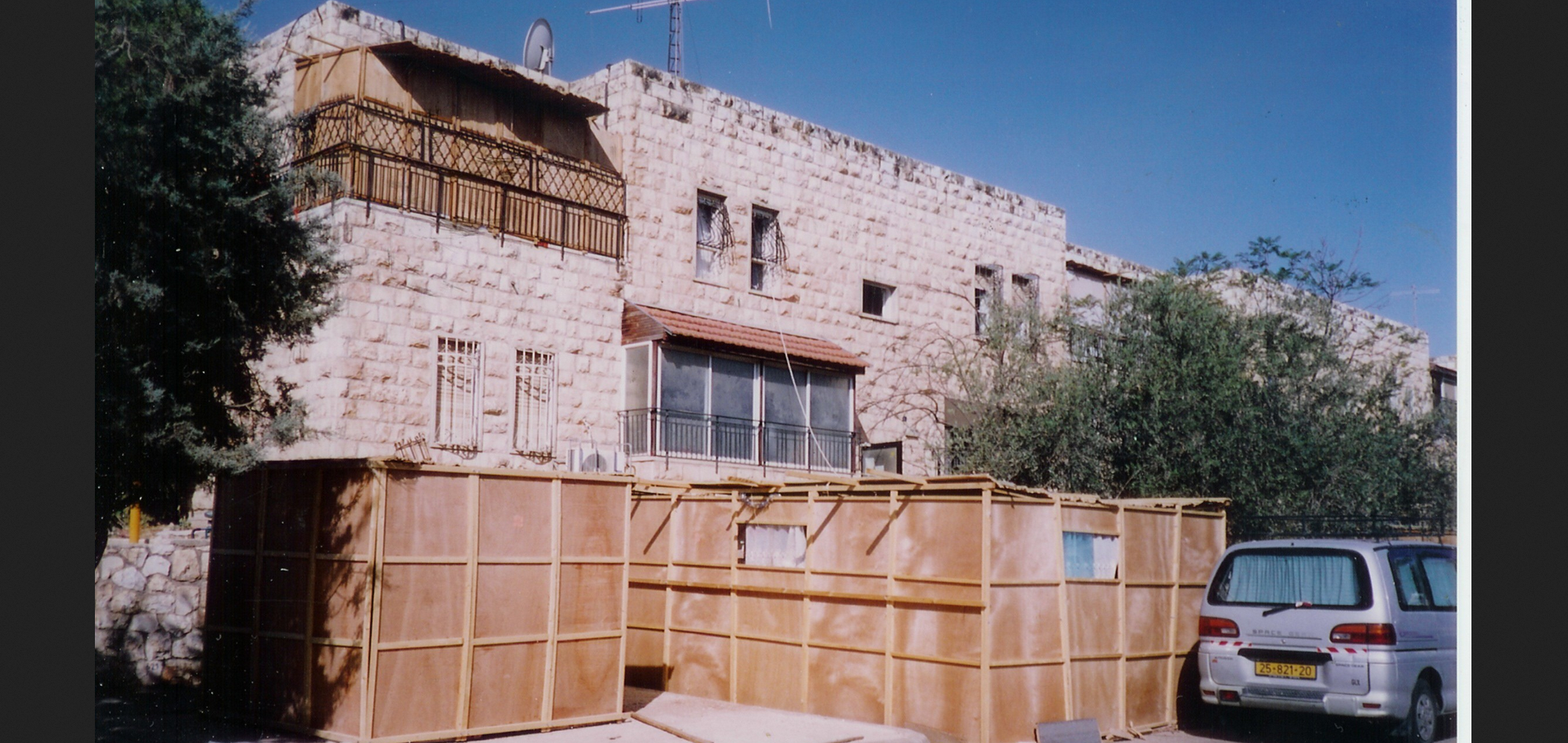
Is It Permissible To Bathe Dirty Children on Shabbos?
Hi Jew in the City-
The kids get so dirty on these hot, long Shabbosim. Is there any permitted way to bathe a child on Shabbos? If so, until what age?
Thank you,
Serena
Dear Serena-
I’m writing this on the fast of 17 Tammuz, when it’s 94 degrees in NY, and yesterday – which was Shabbos – was equally hot, so I certainly empathize with the question. Let’s review the subject of bathing on Shabbos, which is discussed in the Talmud in tractate Shabbos on pages 39b-40a.
Biblically speaking, the biggest problem with bathing on Shabbos is heating water. Originally, one was permitted to bathe on Shabbos if the water was heated beforehand. The problem was that bathhouse owners would heat water on Shabbos and tell people that it had been heated beforehand; this caused the rabbinic authorities to prohibit bathing in hot water on Shabbos altogether but they still permitted entering a steam bath. But again, people abused the privilege and starting taking hot baths on Shabbos, claiming that they were only entering the bathhouses in order to use the steam baths. Accordingly, the rabbis then had to prohibit steam baths as well. At one point they also prohibited natural hot springs on Shabbos, though they later reversed this last ban. Even when prohibiting natural hot springs, however, they still permitted bathing in cold water.
The sages Rav and Shmuel understood the prohibition against bathing to refer to washing one’s entire body all at once. As far as what’s permitted on Shabbos they differ on the details. Rav maintained that a person may wash his entire body one limb at a time, while Shmuel maintained that one may not wash more than half of his body. (The halacha happens to follow Shmuel in this matter.)
Additionally, the Talmud discusses the matter of pouring water over oneself – what we today would consider a shower. Here, there is a three-way difference of opinion: Rabbi Shimon permits one to do so even with hot water, Rabbi Yehuda permits doing so only with cold water, while Rabbi Meir prohibits doing so altogether. In this matter, the halacha follows the middle opinion of Rabbi Yehuda, that one may take a cold shower on Shabbos. My understanding is that this reflects the accepted practice of the Sephardic community, though the Ashkenazic practice is not to shower on Shabbos under normal circumstances, not even in cold water.
Until now, we have only addressed the issue of heating the water but there are other issues that impact showering or bathing on Shabbos. Most authorities prohibit the use of bar soap on Shabbos because using it transforms it from a solid to a liquid; according to some authorities, even some liquid soaps may be too thick to use on Shabbos. (Ask your own rabbi for guidance in this area because it pertains not just to showering and bathing but to hand soaps as well.) Additionally, we are not permitted to wring liquids out of solids on Shabbos, which would be problematic in terms of wringing out one’s hair, using a washcloth, or even drying oneself with a towel that is small enough to get saturated.
While Ashkenazic practice is not to bathe in cold water on Shabbos under normal circumstances, there is room to be lenient when one is in discomfort, such as suffering from the heat (Iggros Moshe OC 4:74-75). Similarly, one might take water that was heated before Shabbos and use it to wash individual parts of the body, like one’s hands and feet, though one could not apply it using something absorbent like a wash cloth or a sponge.
So, now that we have discussed all this, what about washing a child? This is hardly an area of expertise for me but a quick skim of the literature seems to indicate certain leniencies regarding children. For example, it seems that it would be permissible to bathe an infant on Shabbos if the child is uncomfortable from the heat. (Of course, the usual restrictions about heating water, soap, wash cloths, etc. all still apply.) Additionally, it would appear that if a child becomes very dirty from playing outside, he may be bathed in cold water, though one may add some hot water from an urn to make it a little warmer.
You’ll notice that I qualified the above paragraph with “seems” and “appears.” This is because I don’t want to rule for anyone. I encourage all parents to anticipate this need and consult with their own rabbis for appropriate procedures. (I’m also not sure until what age it would appropriate to rely on leniencies in this area so, again, ask your own rabbi for guidance.)
Of course, if a child – or anyone – is overheated, in danger from heat exhaustion or heat stroke, one should do what is medically necessary, which might include bathing the afflicted person. A case of threat to life and health goes far beyond the parameters of mere “discomfort,” which is already a basis for certain leniencies.
Sincerely,
Rabbi Jack Abramowitz
JITC Educational Correspondent
If you found this content meaningful and want to help further our mission through our Keter, Makom, and Tikun branches, please consider becoming a Change Maker today.









